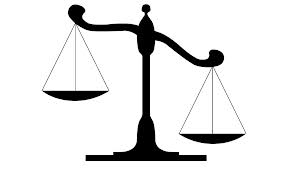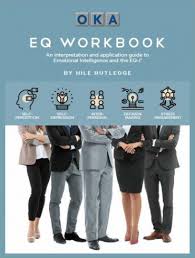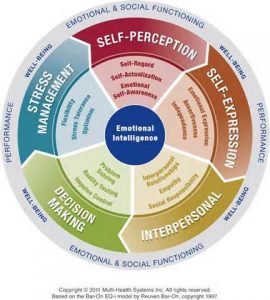Developed Emotional Intelligence Isn’t Just High Scores
Too often people mistakenly think when it comes to the EQ-i that low scores are bad and high scores are good—in fact that the higher the scores are, the better. Actually, suffering from over-engagement with any given behavior, and doing too much of something or engaging with too much intensity or frequency can be just as toxic to a relationship or career as doing too little.
Not enough engagement with Interpersonal Relationships can make you appear cold and hard to get to know, but with too much, you come off as inappropriately familiar and even co-dependent. While a deficit of Self-Regard looks like no confidence and low self-esteem, excessive Self-Regard telegraphs arrogance and vanity, which is an equally challenging (though differently approached) problem.
We at OKA believe it is very difficult—if possible at all—to dial back overdone behaviors. It is largely fruitless to tell someone with over-engaged Self-Regard, “You need to feel worse about yourself.” or to ask someone with over-done Optimism, “Could you stop feeling so positively about the future?” When deeply ingrained, our behavioral patterns are very difficult to re-channel.
Balance is the Key
One of the beauties of the EQ-i model, however, is its inclusion of so many opposing or balancing forces within it. When someone overdoes an EQ element, the best remedy is actually to stand up or exercise the EQ element that balances it. Excessive Self-Regard, for instance, is balanced by Interpersonal Relationships, Empathy or Social Responsibility—those elements focusing on the needs of another person or the group.

This means that developing your Emotional Intelligence always means that you are doing more of something—either because you under-use that element or rather you need it to balance some other excess. The elegance of the EQ-i model is that it provides these balancing forces, and someone with good or well developed EQ is not someone who simply gets high scores in everything—but someone who balances these complimentary forces and engages fully with each element of Emotional Intelligence, without falling prey to their excesses.
For a deeper dive on Emotional Intelligence and its application, consider OKA’s EQ Workbook, by Hile Rutledge, 
and learn more about OKA’s EQ-i Certification classes.

OKA can also support your team or program with Emotional Intelligence workshops (online or onsite), 360 assessment programs and individual coaching.
Other Blogs in this Series
This blog is Part of a 7-part series of EQ surprises and tips. Below are links to the other titles in the series. Enjoy the exploration.
- EQ Surprise #1 — There is no Emotional Intelligence on a Desert Island
- EQ Surprise #2 – Forget Your Emotional Intelligence Scores
- EQ Surprise #3 – The EQ-i Shock Block
- EQ Surprise #4 – EQ Deficiencies are Hard to Work On
- EQ Surprise #5 – The Most Important EQ-i Elements are the Toughest to Move
- EQ Surprise #7 – Small Changes in Behavior Make Big Differences in EQ

Leave a Comment